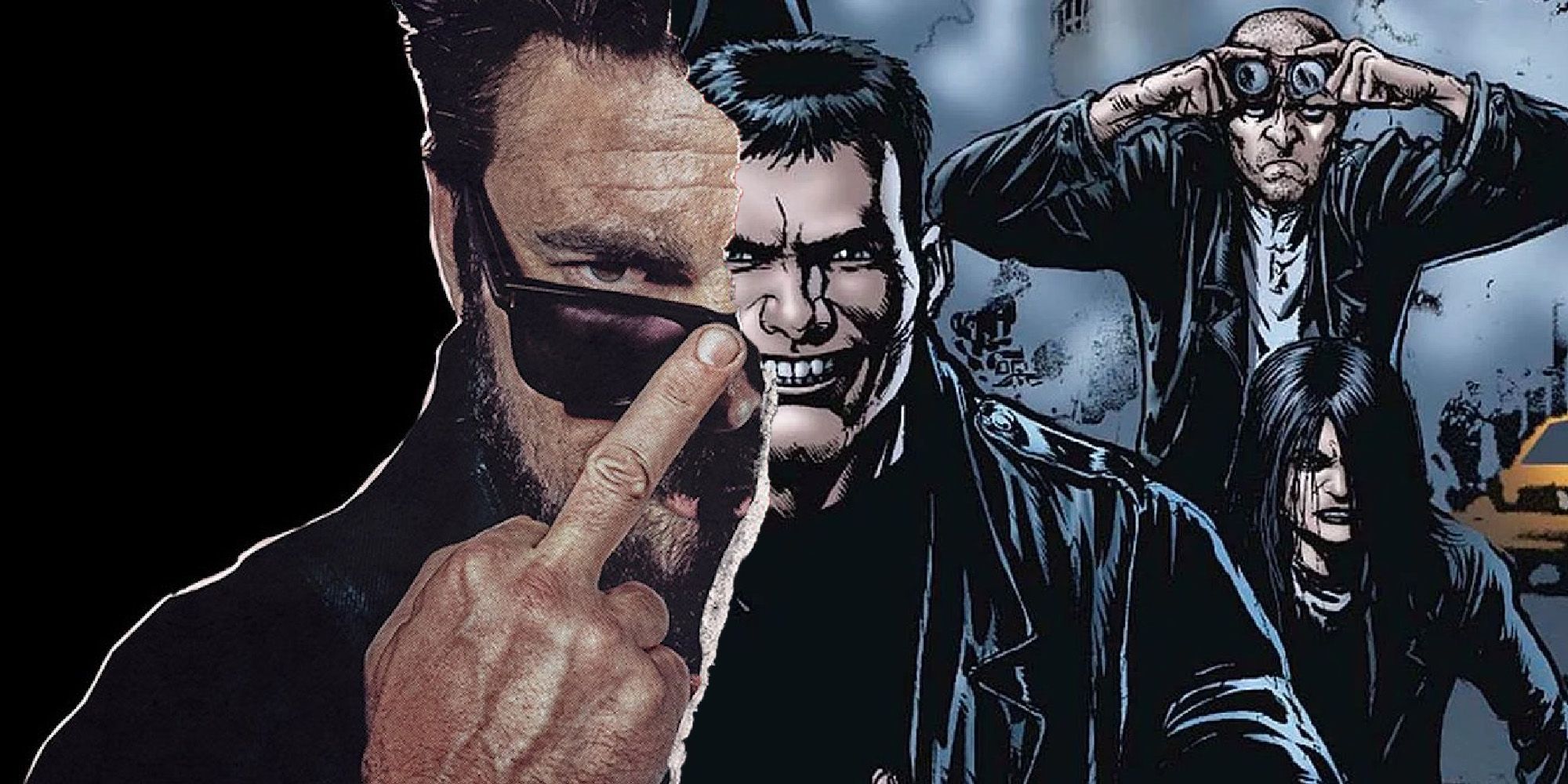
Warning: The following contains SPOILERS for The Boys season 2.
The version of Billy Butcher played by Karl Urban on The Boys seems far more vicious and anti-social than the Billy Butcher of the original comic book series. This seems to be the end result of the changes to Butcher's background in the show, which were fully revealed in The Boys, season 2, episode 7, "Butcher, Baker, Candlestick Maker." Urban's version of the character has a much darker past, and as a result, this Butcher is much more like Homelander, in some ways, than his comic book counterpart.
While many television series that adapt books change details because of how different ideas translate into different mediums, The Boys has begun to tell a radically different story than the comics which inspired it. While still true to the base idea of a clandestine team that takes down corrupt superheroes, the show has developed the ensemble differently, with characters like Queen Maeve having subplots that redefined them into totally different people than they were in the comics. This is even true of Billy Butcher, whom The Boys writer Garth Ennis singled out as his favorite character of all those he had ever created, liking Butcher's seemingly genial nature, despite being a hardened murderer. Strangely enough, his original plan for the character of Butcher lacked that good humor, and the character as played by Karl Urban on The Boys seems to be closer to Ennis' original concept, being dour and disagreeable towards his allies.
The penultimate episode of The Boys season 2 highlighted this, as Butcher confronted his estranged abusive father (John Noble) after being tricked into a visit by his mother (Lesley Nicol). She had hoped her son might let go of his anger, seeing the man responsible for inspiring so much of it weakened by cancer. Unfortunately, the events of The Boys season 2 have made Butcher even less willing to forgive or forget any slight, which is impressive given how the character has been defined by disproportion responses to everything that bothers him in both the show and the comics.
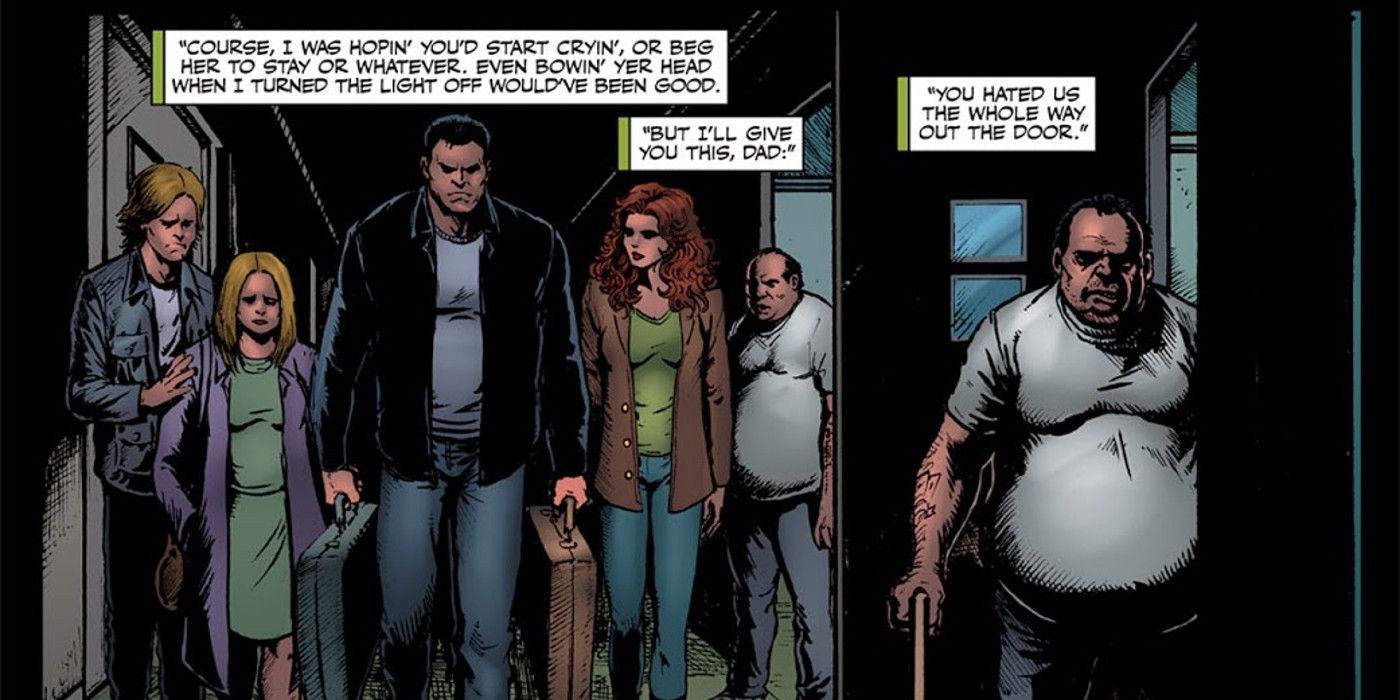
While some details of Butcher's past were revealed over the course of The Boys, the specifics were not revealed until the comic book mini-series Butcher, Baker, Candlestickmaker. The six-issue storyline saw Butcher returning to his old neighborhood for his father's funeral and thinking back on his life and his father's influence on it. The series ended with Butcher, having fully considered the role his father played, "paying his respects" by relieving himself in his father's coffin before the funeral started and giving thanks that it was an open-casket ceremony.
Billy Butcher was the product of an abusive home and the oldest of two sons. The only thing that stopped Billy from trying to fight back against his father was his younger brother, Lenny, who reasoned that even if Billy could kill their father, he would go to prison for the rest of his life and leave their housewife mother completely helpless. This led Billy to vent his anger on the rest of the world, with Lenny being the only one who could calm him down. After getting expelled from school for brawling one time too often, Billy enlisted in the Royal Marines, hoping to contribute to the family in a way that let him keep his distance from his dad while avoiding the temptation to kill him. Lenny escaped as well, earning a full scholarship to go to college, but the two brothers still worried about their mother, even after a stroke left their father too slow to be able to chase her down when the urge to beat her arose.
It was shortly after Billy's return from serving in the Falklands War that Billy met a social worker named Becca, who was able to calm the beast within Billy in a way that even Lenny had never managed. Becca also took it upon herself to get Billy's mother out of their father's home and into a shelter for abused women and a job-training program so she could build a new life for herself. Billy proposed to her that same night, and for a time everyone was happy. Unfortunately, Billy's old temper returned after Lenny was randomly hit by a bus and Butcher's wife Becca was raped and impregnated by a superhero, dying as the superpowered baby tried to free itself from her womb. This led to Butcher's joining The Boys and later reviving the team after the government shut down the original squad, recruiting Hughie Campbell (who reminded him of his brother) as a spiritual substitute for Lenny.
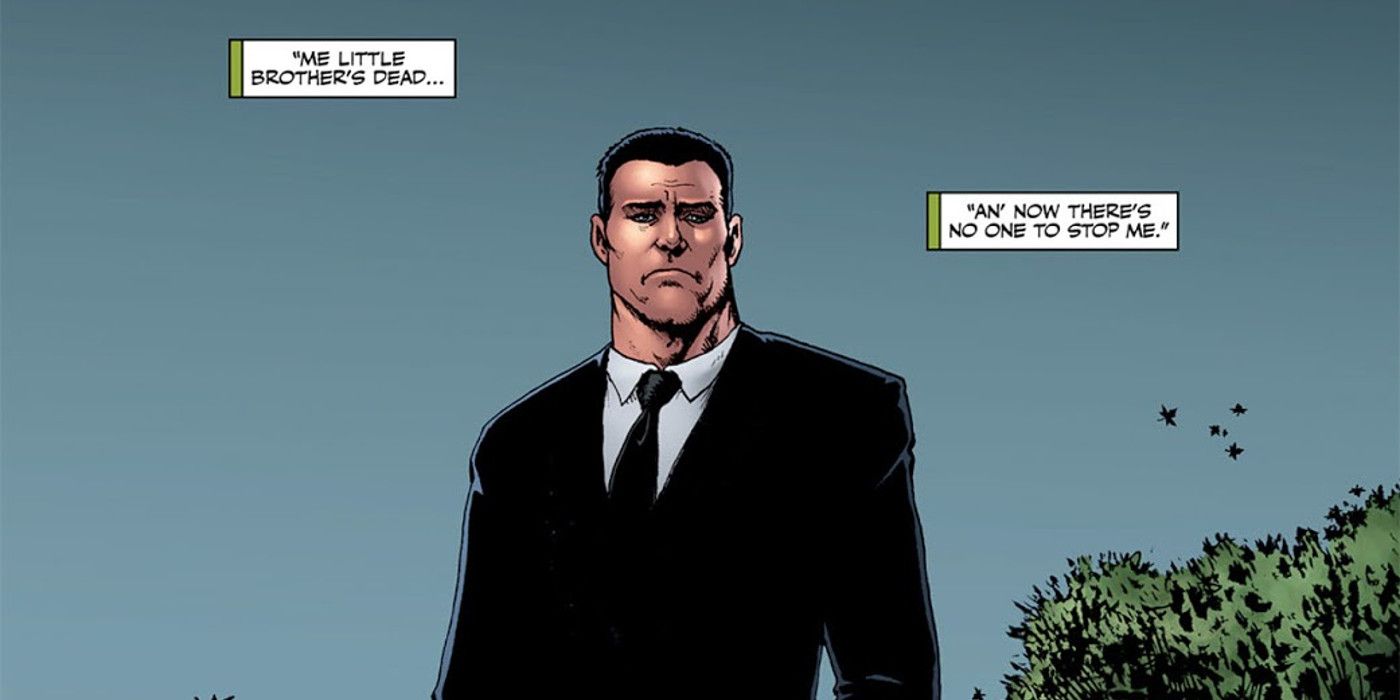
The Boys first made reference to Lenny and how Hughie resembled him in the The Boys season 2 episode "We Gotta Go Now." However, the circumstances of Lenny's death were not revealed until The Boys season 2, episode 7 "Butcher, Baker, Candlestick Maker" (titled after the comic with slightly different spelling). It was here that Butcher confronted his father, who taunted him over the fact that Lenny committed suicide because he wasn't strong enough to tolerate the same abuse Billy did. He further claimed that Lenny had killed himself because he felt abandoned after Billy joined the Royal Marines to escape their home. This drastically changed Butcher's character, giving him a sense of survivor's guilt he didn't have in the comics, as well as another reason to hate his father, who he sees as having driven his beloved brother to killing himself.
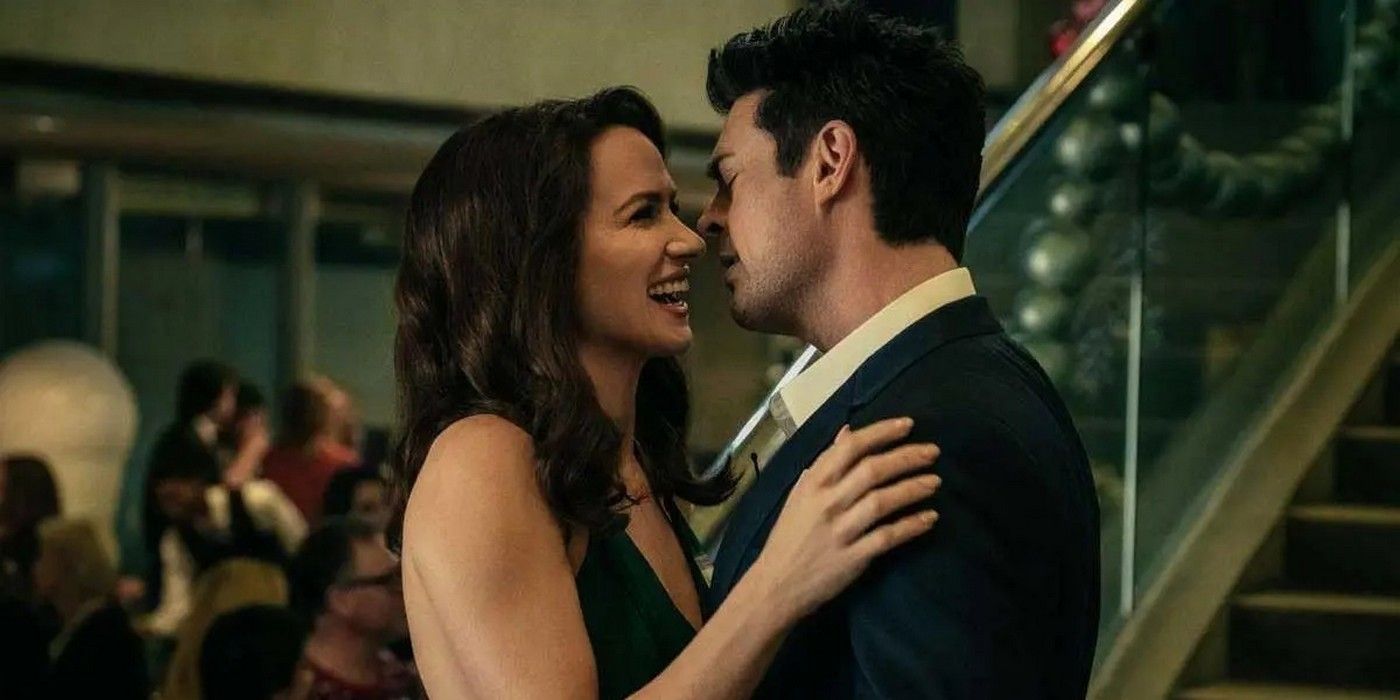
The changes to Becca Butcher in The Boys series present an even more drastic change to Billy Butcher's character by proxy. The show's version of Becca, played by Shantel VanSanten, was a marketing executive with Vought-American rather than a social worker, who was raped by Homelander and voluntarily went into hiding when she realized that she was pregnant. The revelation that she was alive and raising a super-powered son was a major twist in The Boys season 1 finale, yet it gave way to an even more stunning moment in season 2, when Butcher planned to rescue her from the Vought-American compound where she was living and she rejected his help. In their brief time reunited, Becca saw how Billy had come to hate superheroes and how that hate extended to her son, Ryan. This hurt Butcher far more than the events of the comics, with the woman he was ready to sacrifice everything to avenge being revealed as, from Butcher's perspective, a willing slave and living incubator to the corporation and superheroes that ruined their life together. As his dead wife, her kept her on a pedestal — and as a result, the realization that she loved her son more than she wanted to escape Vought's clutches shook Butcher to his core.
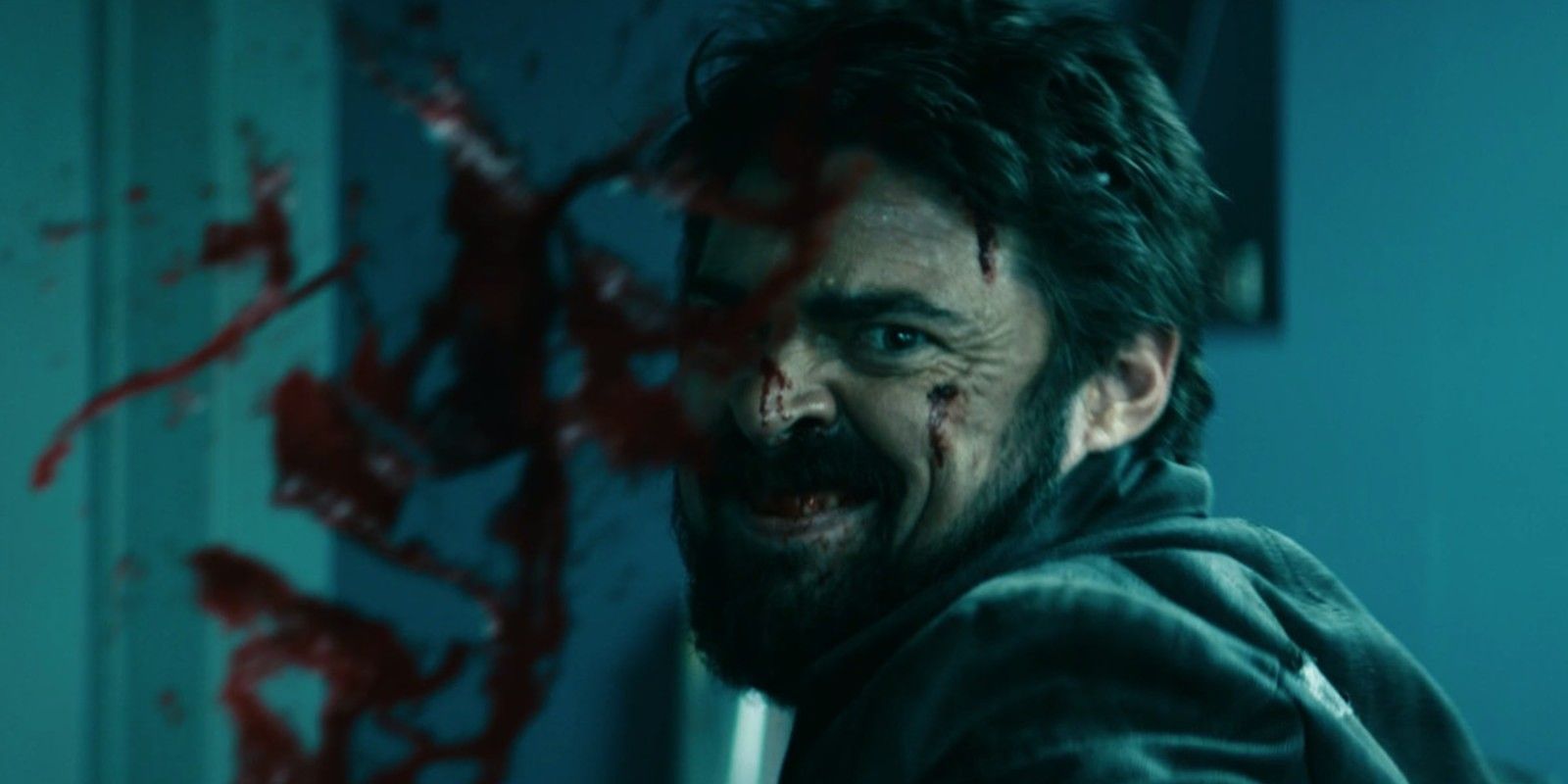
With the loss of his younger brother to violence and his wife rejecting the man he had become in her absence, the Butcher of The Boys show has become an angrier and less agreeable character than his comic book counterpart. Much like The Punisher (whom Butcher was meant to deconstruct in the same way that Homelander deconstructs Superman), Butcher is a soldier consumed by war, who has no reason for fighting but to continue the fight, because it is all he knows and all he has left. Butcher's tragedy in the comics was that he was aware of this on some level, lamenting to his father's corpse in Butcher, Baker Candlestickmaker that the one good thing he'd ever truly accomplished in his life was helping his mother to get away from him; something Butcher never managed to do in the show. It remains to be seen if Karl Urban's Butcher might overcome his hatred of Supes to fight for a righteous cause, or if he might ultimately become the biggest villain on The Boys.
from ScreenRant - Feed https://ift.tt/2SLhu5f


0 Comments